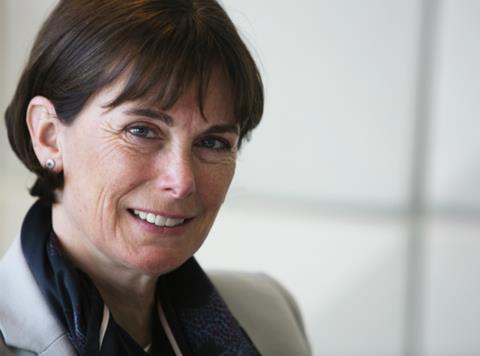
FSA chair Heather Hancock has slammed “sensationalist headlines and reporting” over the threat of adulterated meat to fresh supply chains, following a BBC probe this month.
Hancock told The Grocer news outlets had twisted the truth, after a Freedom of Information request by the BBC to the FSA found 145 meat samples from a total of 665 tests by local authorities last year contained traces of DNA from animals not declared on labelling.
The report resulted in calls for the FSA to “take ownership” of testing for adulterated meats. However, Hancock said the revelations, five years after the Horsegate scandal, had been skewed by press headlines.
In depth: Five years on, the industry looks back on Horsegate
“The FSA’s response to this FOI request made it clear that these results were reflective of the fact that local authorities had been targeting particular businesses where it was feared there could be a problem.
“What it has showed is that those local authorities were right to be worried about those businesses. It does not mean that a fifth of meat across the UK is adulterated.
“There’s a potential for a sensationalist angle to the story and that was seized on. We can’t control what somebody writes about it but on the one hand there are businesses out there deliberately misleading the public about the authenticity of what they’re selling [and] on the other hand the vast majority of businesses are not.”
Meanwhile, Hancock insisted the agency was confident the government would accept its proposals for a new risk management regime post-Brexit, despite growing unease from industry leaders over the lack of a decision over who will have ultimate responsibility for the issue.
The government has yet to confirm whether the FSA or ministers will take control over risk management decisions from the European Food Safety Authority when the UK leaves Europe, despite the FSA urging in June for it to make a “speedy” decision on the matter.
The agency wants the government to give the go-ahead to a system where the majority of risk management decisions are taken by the FSA and only “significant, higher-profile, wider policy matters” are dealt with by ministers.
The agency has also said in those rare cases it should be health ministers, not Defra, that have the final say on food risk management because of a potential clash of interest with protecting the agricultural economy.
Hancock said she was confident the FSA’s proposals had widespread support from government and from the devolved nations.
“The press is full of stories of about chlorine-washed chicken and hormone-injected beef but the reality is that the vast majority of issues when it comes to risk management are very technical matters where there is no value in using the time of ministers,” she said.
She said the FSA wanted to create a system that was “much more overt, much clearer and much more transparent about how risk management operates”.







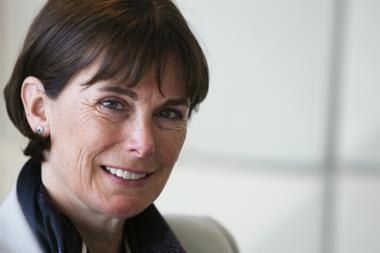
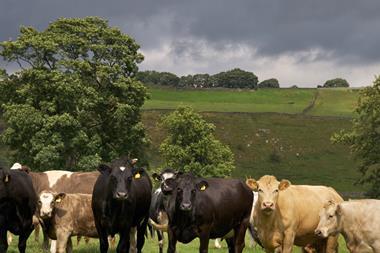
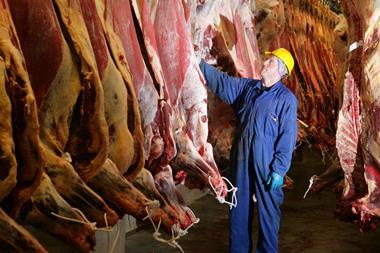
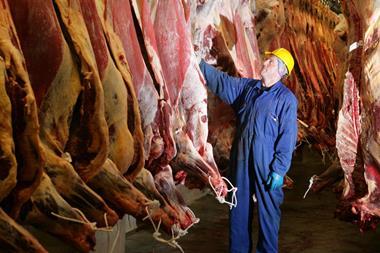







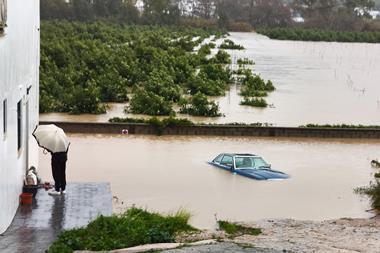
No comments yet